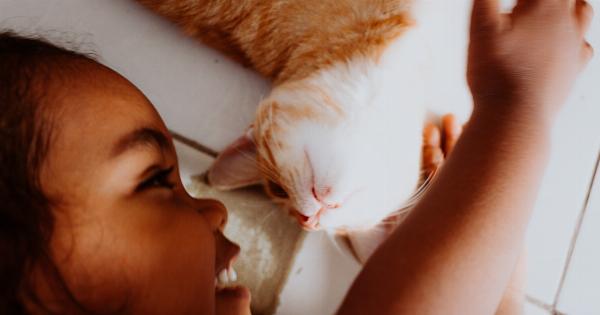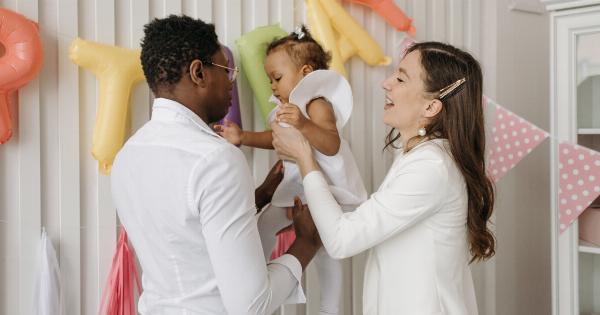Death is a natural part of life. However, it can be difficult to talk about even for adults, let alone for children. When a loved one dies, it’s important for children to understand what has happened and how to cope with their loss.
Here are some tips on how to talk to children about death.
1. Use Simple Language
When talking to children about death, it’s important to use simple and age-appropriate language. Avoid using euphemisms and other complex language that children may not understand.
For example, instead of saying that someone has “passed away,” say that they have died. This will help children understand the situation better and feel able to ask questions if they need to.
2. Be Honest
Being honest with children is crucial when it comes to talking about death. Avoid telling children that someone who has died is “sleeping” or “gone away”, as this may lead to confusion or anxiety.
Instead, explain to children that death means the person’s body has stopped working and they are not able to come back.
3. Stay Calm
It’s important to stay calm and composed when talking to children about death. Children are quick to pick up on emotions, and if you appear upset or anxious, it may make them feel scared or confused.
Be honest about your own feelings, but try to remain calm and reassuring as you talk to your child.
4. Listen to Their Questions
When talking to children about death, it’s important to listen to their questions and concerns. Children may have a lot of questions about what happens after death, or they may need reassurance that they will be okay.
Listen carefully to what your child is saying, and answer their questions as honestly and simply as you can.
5. Offer Comfort and Support
Children may need comfort and support after a loved one has died. Encourage them to express their emotions and let them know that it’s okay to feel sad or angry.
You can offer comfort by giving your child a hug, spending time with them, or helping them create a special memory or tribute to the person who has died.
6. Help Them Understand the Process
Depending on your family’s beliefs, you may need to explain the process of death to your child. For example, if your family believes in an afterlife or heaven, you can explain this to your child in simple terms.
If your family has religious beliefs, you can incorporate these into your conversations about death. However, remember that the most important thing is to help your child understand that death is a natural part of life.
7. Be Patient
Dealing with grief and loss can be difficult, and this is especially true for children. It’s important to be patient with your child and to understand that they may need time to come to terms with what has happened.
Offer support and reassurance as they work through their emotions, and be there for them whenever they need you.
8. Talk About Your Own Grief
It’s okay to talk about your own feelings of grief and loss with your child. Sharing your own emotions can help your child understand that it’s normal to feel sad or upset after someone dies.
However, make sure that your child understands that you are still there for them and that you will continue to support them as they cope with their loss.
9. Provide a Safe Environment
It’s important to provide a safe and supportive environment for children after a loved one has died.
This may mean creating a special area in the house where your child can go if they need to be alone or feel upset, or providing a soft toy or comfort item that they can hold when they need to feel safe. Make sure that your child knows that they can come and talk to you whenever they need to.
10. Seek Additional Support
In some cases, children may need additional support after a loved one has died. This may mean seeking help from a grief counselor or therapist who can provide support and guidance.
If you feel that your child is struggling to cope with their loss, don’t hesitate to reach out for additional support.































